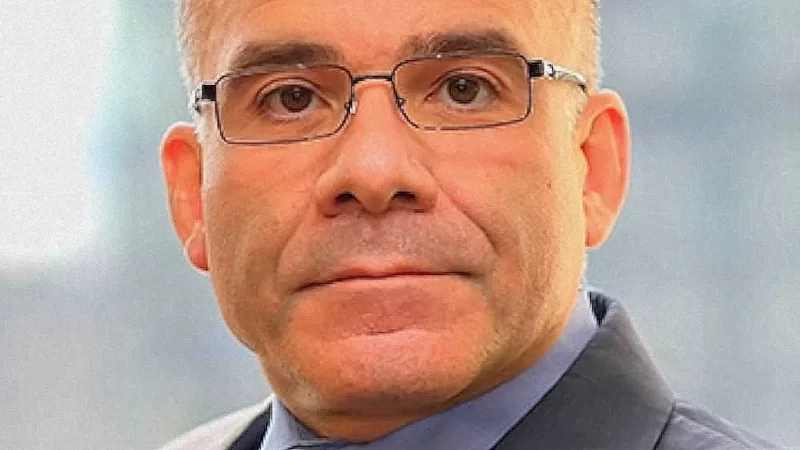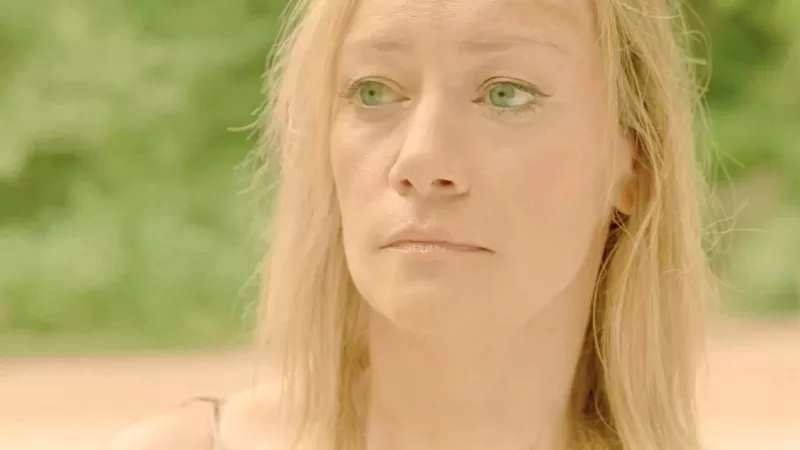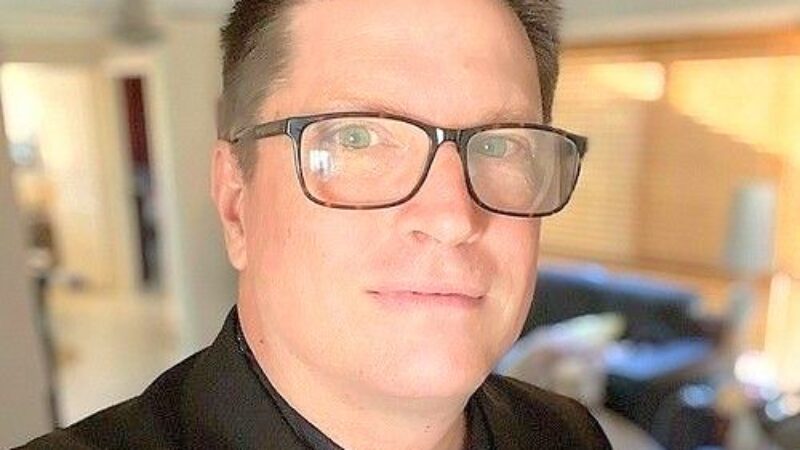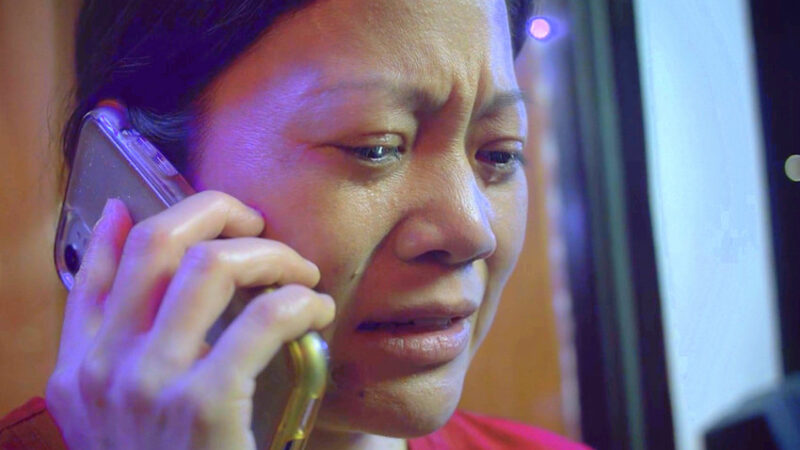
Robert McGinley started making Super 8 films in back in High School. He talks to indieactivity about hid career as a filmmaker.
indieactivity: How would you describe your work as a director?
Robert McGinley (RM): I like to think of myself as an actors director and let actors know that they are free to make emotional choices and there is no such thing as a mistake. In fact, in rehearsals I often ask actors to try scenes with different emotional intentions, e.g. if it is implied that an actor cry in a scene try laughing and see what happens. This often opens up deeper pathways to character’s inner life and gives the performance a fresh and more complex feel.
How did you get into directing?
Robert McGinley (RM): I got into directing initially because I had a gig shooting corporate marketing videos after getting out of college. When it came to lighting machines or widgets I would treat them as characters and experiment with different lighting styles. From there, I moved onto directing music videos, dance performance and comedy sketch tv but eventually it came down my desire to direct stories that I had written.
I think a big moment for me was when I shot the first music video version of Orpheus s from Seattle’s Underground city (which later become the basis of SHREDDER ORPHEUS. I had a Steadicam operator (shooting 16mm) come up from L.A. because I wanted follow Orpheus in one long tracking shot through the tunnels of the underground. When we had finished shooting the first day I walked away from the crew and started to get because I knew then that filmmaking was what I wanted to do.
Watch Official Trailer for Jimmy Zip Releaded directed by Robert McGinley
How do you choose a project to direct?
Robert McGinley (RM): I only direct what I write. The decision to direct a script is based on what is realistically possible given budget available and time/timing. It’s a game of chicken: how willing am I to take the risk and put in the work knowing that making a spec film (without distribution) is extraordinarily difficult.
What uniqueness can female directors bring to Film/TV/Cinema?
Robert McGinley (RM):“Uniqueness” is not gender specific. Directors, no matter what gender, need to have a well-developed sense of the masculine and feminine.
Do you often take courses to increase your craft?
Robert McGinley (RM): Judy Weston is great teacher for Directors. I like working with her.
What books do you read?
RM: Poetry; Jean Cocteau, William Blake, Rumi, Bukowski, Federico Garcia Lorca, Stephen Jesse Bernstein, Octavio Paz Science Fiction: Neal Stephenson, SNOW CRASH; William Gibson, Mona Lisa Overdrive; J.G. Ballard, The Terminal Beach.
Why would you choose an actor, writer, or producer? What do you look for?
RM: Actor: they understand they are able to demonstrate a character’s intention and make dynamic choices.
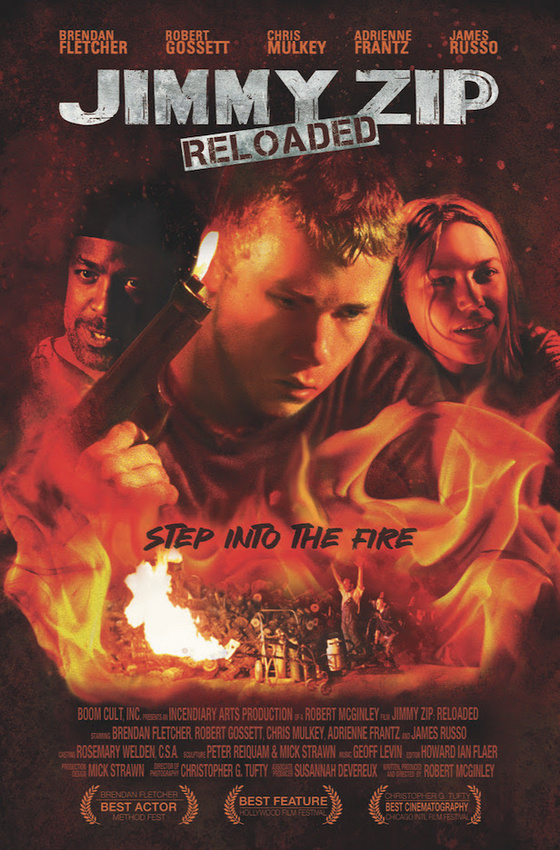
When you are offered a project, what things do you put in place to deliver a good job?
RM: I try to make sure the script is ready. Everything else flows from there.
Briefly explain your latest work?
RM: Jimmy Zip, RELOADED deals with emotional alchemy that can turn destructive, toxic energy into creative expression.
Explain key challenges on your last film?
RM: This question is very complicated. I’ll pass.
What ‘thing/situation’ helps you during production?
RM: Your production is only as good as your preparation/preproduction.
Explain a creative choice you took on the set of a recent production?
RM: On a set it may be too late to make creative choices because the choices range from art direction to set design to wardrobe to camera positions to lighting to blocking to character/actor choices, etc. As a Director on set your job is to facilitate the execution of decisions made in rehearsal and preproduction with your department heads. You may make a decision to move a chair or a table or a car but I am not sure how “creative” that is.
How do you advise directors to find projects?
RM: Follow your bliss.
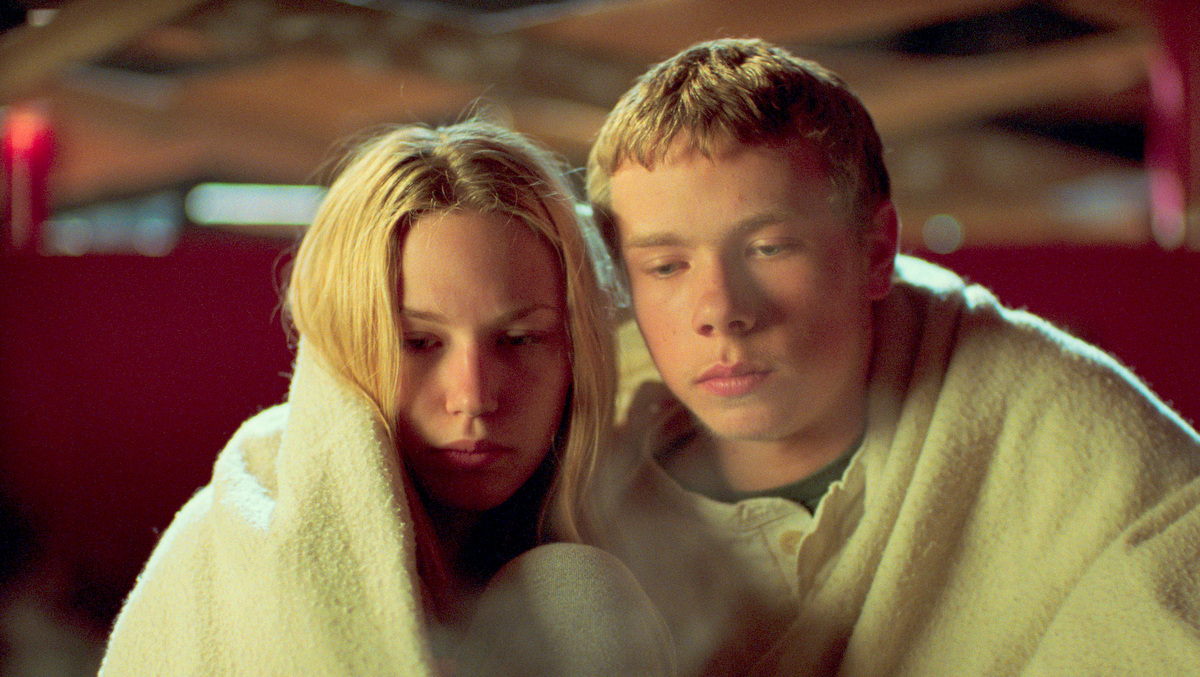
How can filmmakers finance their projects?
RM: There may be more but here are five ways:
- Be independently wealthy
- Get money from friends and family
- Be a creature of the industry and have an amazing manager and/or agent who can help you package a projects and pitch them to film industry players.
- Make a short or teaser trailer and shop it, enter festivals, etc.
- Save money from a regular job or investments
What do you want from an actor during a production?
RM: Be on time, know your lines, completely commit to the intention of your character.
What do you think a female director can do to get into the film industry?
RM: Make a short or teaser trailer and shop it, enter festivals, meet people, network etc.
Who is your favorite director?
RM: Jean-Jacques Beineix
Why?
RM: BETTY BLUE and DIVA
What advice would you give male/female directors around the world?
RM: If you want to tell stories in film follow your bliss.
Briefly write about your career?
RM: SHREDDER ORPHEUS, JIMMY ZIP, DANGER DIVA are the feature films that I have written, produced and directed.
Preorder the Jimmy Zip: RELOADED collector’s edition DVD and Soundtrack at BoomCult.com
Tell us what you think of the interview with “Writer-Director-Producer”. What do you think of it? What ideas did you get? Do you have any suggestions? Or did it help you? Let’s have your comments below and/or on Facebook, Instagram, or Twitter.
Socials
Website
IMDb
Boom Cult Website
FILMMAKER INTERVIEWS



